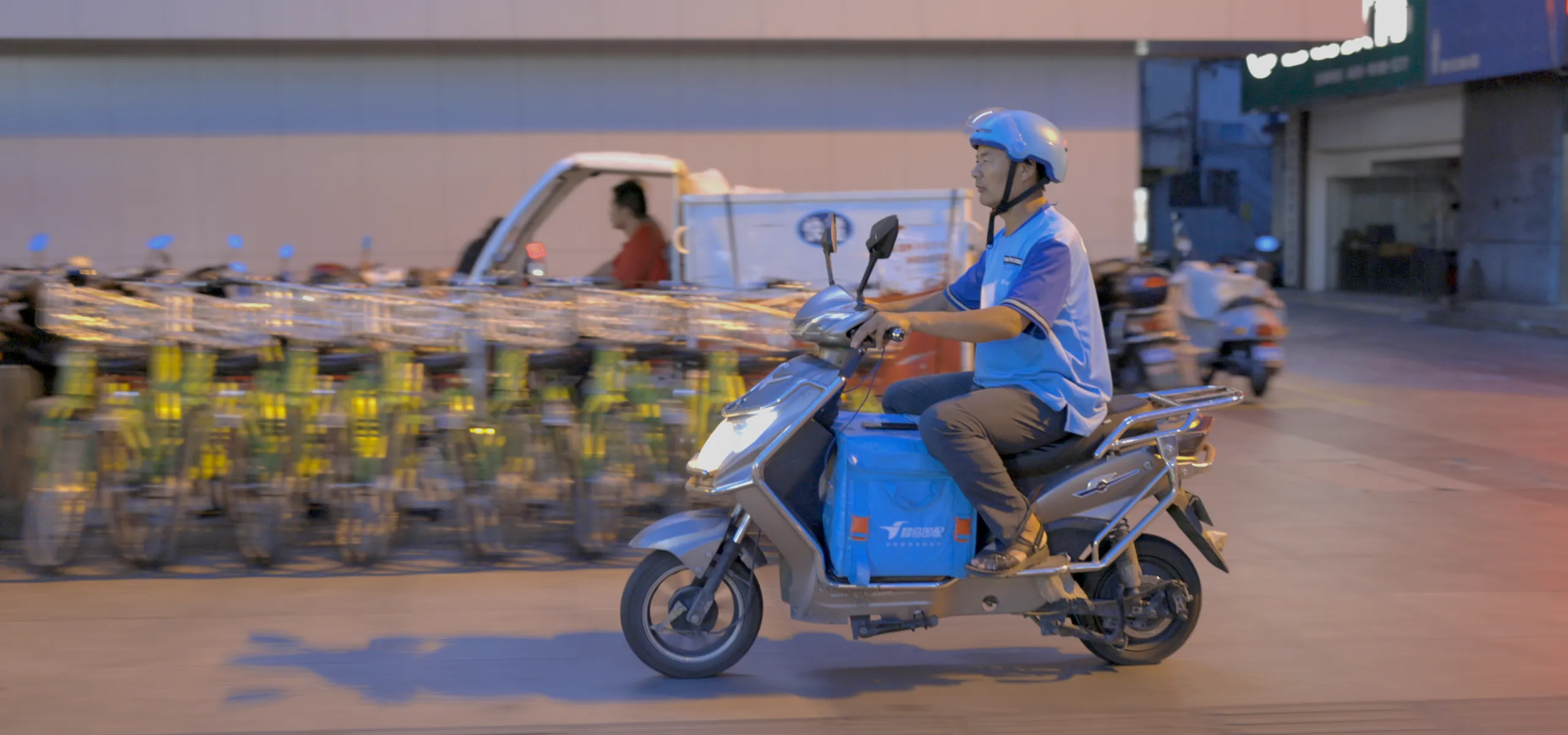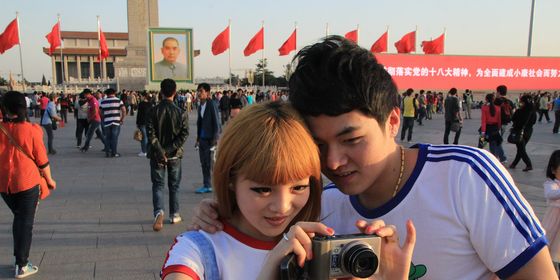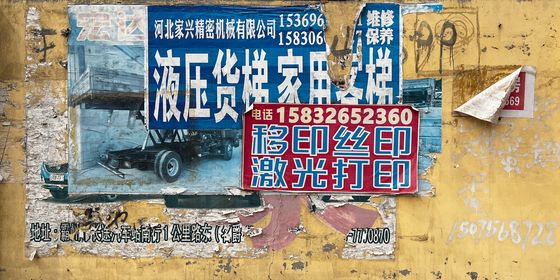Wang Jibing, China’s “delivery driver poet,” talks to TWOC about getting inspired on the road and not letting online trolls get the better of him
After the release of People in a Hurry, Wang Jibing’s first poetry collection, earlier this year, the 55-year-old food delivery driver has hardly had time to take any orders. “I have to make use of every second now,” Wang tells TWOC, “I only made five deliveries the day before yesterday, and had no time at all [for deliveries] yesterday.” Instead, his time is now taken up with book signings, appearances on speaker panels, and media interviews.
Wang had published short stories since his 20s, and has written over 4,000 poems, but he only gained wider recognition in 2022 after Chen Zhaohua, the former CEO of tech company Sohu, shared his poem “People in a Hurry” on Weibo, generating over 13 million views in less than a week.
Born in rural Suzhou, Jiangsu province, Wang dropped out of secondary school and moved to Shenyang, Liaoning province, as a migrant worker. Later, he worked on construction sites, sand mining boats, drove dump trucks, and took on many more odd jobs. But reading and writing remained his passion and solace.
As a delivery driver, Wang finds much of his inspiration on the road. He wrote “People in a Hurry” after he received incorrect addresses from customers twice in one evening, leading to him delivering late. The poem wasn’t originally meant to refer specifically to the delivery profession, but Wang changed “people” to “delivery workers” in the last verse when he submitted it to a staff poetry competition held by his delivery platform, to be more on theme.
Media have labeled Wang the “delivery driver poet,” but he isn’t entirely happy with it (though he thinks it might help boost sales of his book). “Writing poetry and working in delivery cast a sharp contrast,” Wang says, “People think I am from the bottom of society and therefore feel sympathetic to me and my works.” But Wang’s work is not limited to reflections on the plight of the working class. He writes on many different themes, from his family to philosophical musings, all of which are represented in his collection.
Wang has also faced criticism online. When he shared his creative process on social media platform Xiaohongshu, an influx of negative and offensive comments questioned the quality of his poems, and his right, as a delivery driver, to call himself a poet. “After reading them, my wife sat in a corner sullenly, even crying,” says Wang, “I told her not to read them, but she couldn’t help checking my account.”
Wang is concerned about how his profile impacts his family, but he has never considered giving up writing: “Writing poetry has nothing to do with one’s profession. I always compare it to romantic love; everyone has the right to choose love.”














